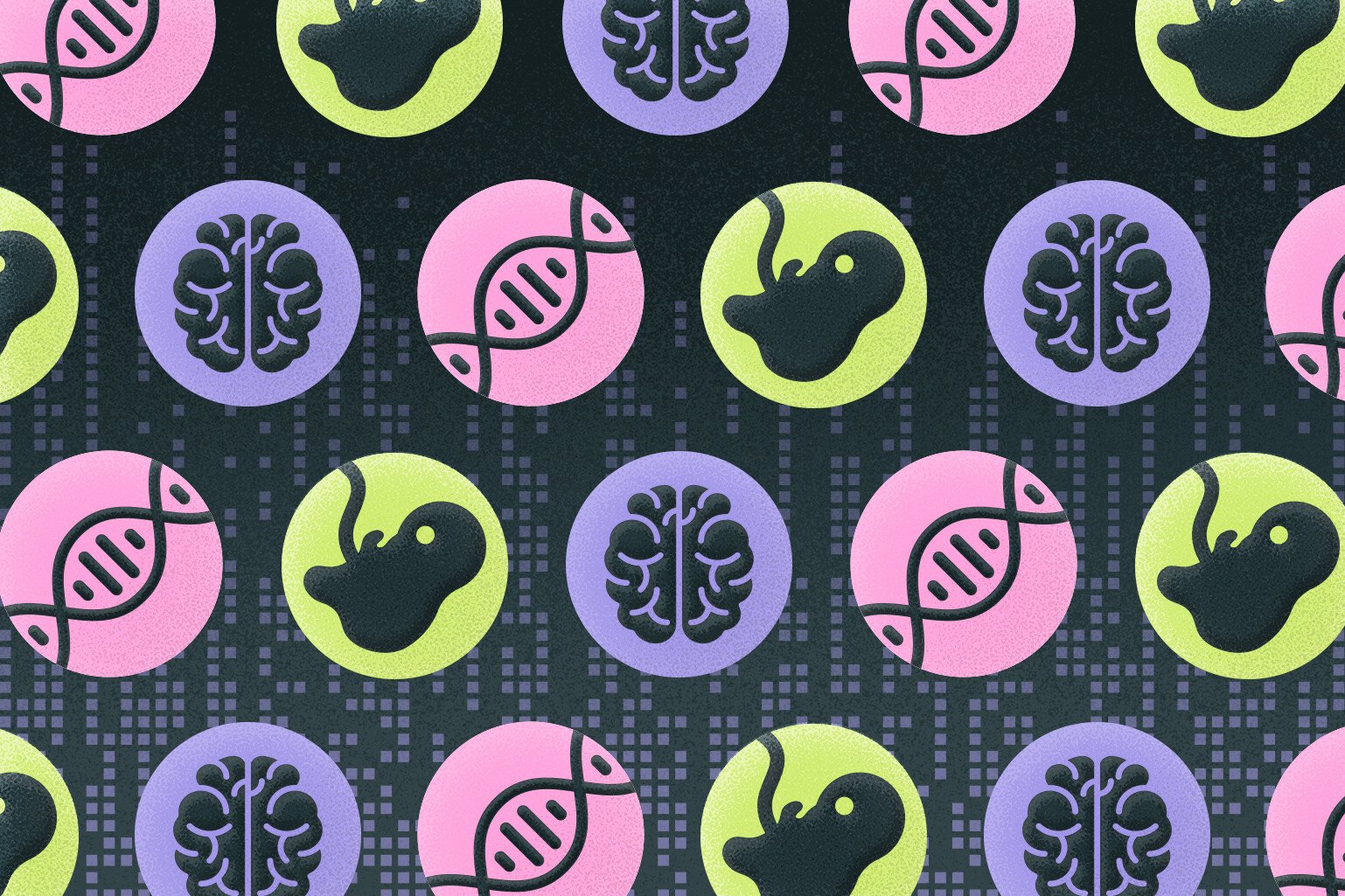The Ripple Effects of Shrinking U.S. Science
Severe cuts in research funding will cause a complex cascade of effects across the United States and the world.

Send us a link
Severe cuts in research funding will cause a complex cascade of effects across the United States and the world.


In a system where academic success is defined by outputs and individual achievement, Rachael Hains-Wesson and Nira Rahman call for a shift towards connection and belonging.



In this interview with Peter Suber, the Senior Advisor on Open Access at Harvard Library and Director of the Harvard Open Access Project at the Berkman Klein Center discusses the current alarming developments taking place in the US research landscape – and offers valuable advice to colleagues from abroad.


Academy highlights “urgent and unparalleled opportunity to attract the smartest minds leaving the United States”.

“I have done all I can,” says Sethuraman Panchanathan, a Trump appointee who has led agency since 2020
Implementing the Competitiveness Compass needs a partnership between policymakers and higher education, says Thomas Jørgensen
One major consequence of the assault on research by president Donald Trump’s administration has been to put data in jeopardy, through changes in funding and access to data repositories and other data collections.
Global picture makes European leadership and a pragmatic approach even more important.


Chinese scientists have incorporated artificial intelligence into their work more rapidly than their EU or US counterparts, a European Commission analysis has found, bolstering the case for the bloc to speed up adoption.
The European Union has struck a deal with Egypt allowing it to associate to Horizon Europe, despite concerns from MEPs and former diplomats about restrictions on research in the country.
